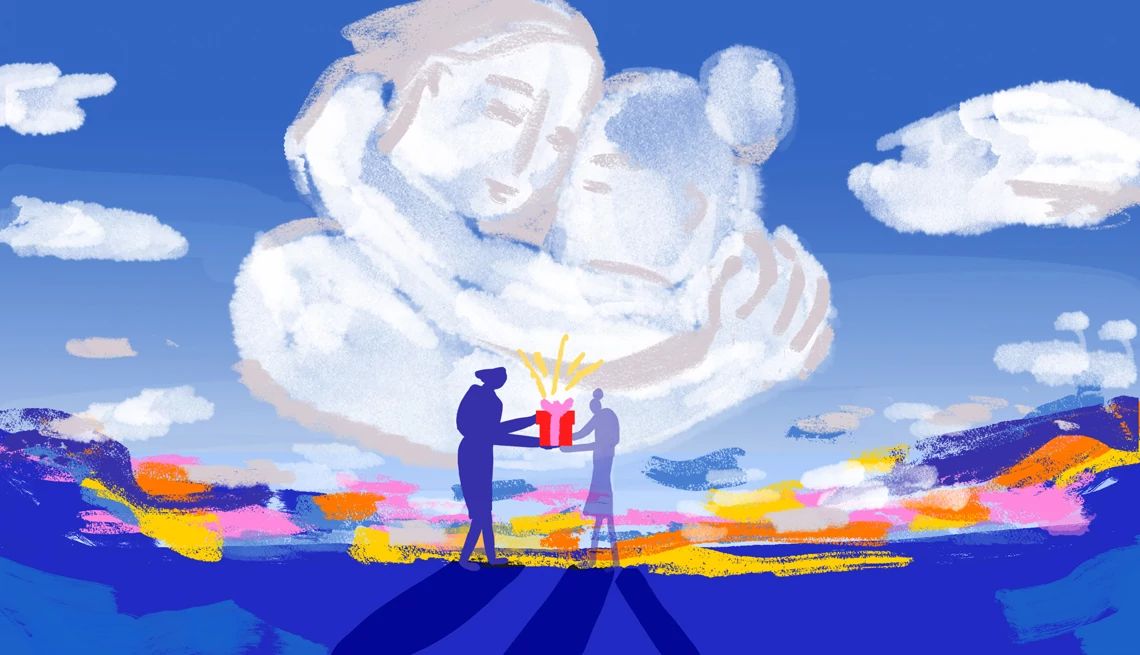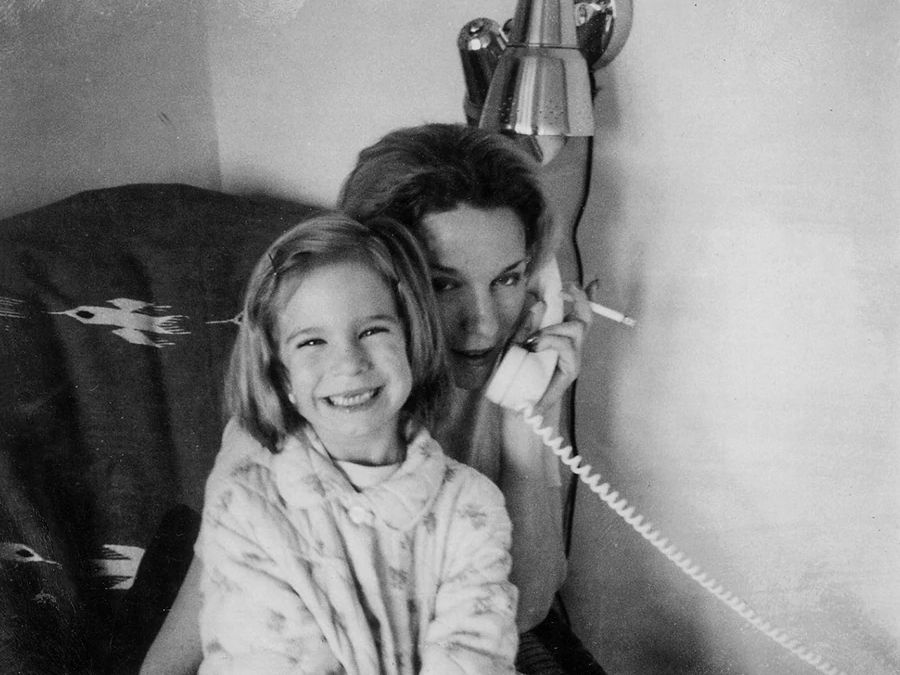AARP Hearing Center


I was Cynthia’s only child — a daughter whom, it often seemed, she didn’t know how to mother.
She kept her life mostly secret from me, growing up amid both privilege and emotional chaos. She’d had a difficult childhood with a volatile, wealthy mother who married six times. Eager to flee, she ran off to Canada at 17 after a Park Avenue wedding to my father, whom she’d met in the south of France. They had known each other for barely six weeks.
My father, a filmmaker, traveled often, as far away as Japan, and despite their early happy and creative time together — running a Vancouver art gallery and a few years in London — my headstrong parents later had terrible fights, divorcing when I was 8. I spent most of the next few years at boarding school, returning home on weekends to Cynthia’s apartment. We both loved movies, and I would happily go with her to the theater to watch two or three in a row. She worked as a magazine writer and editor, which gave us some fantastic moments, like the time, for a story about kids and baking, a friend and I were instructed to have a flour fight in a test kitchen. A photo of us sitting on the floor, well dusted and dazed with sanctioned mischief, is one of my favorites.


My mother was beautiful and glamorous, but also an alcoholic later in life, and suffered from bipolar disorder. I fled her care for good when I was 14, after she had a terrifying manic episode in Mexico, where we were living. She’d driven me and two young friends into a deep ditch in an unfamiliar industrial city at midnight, far from friends and other family members.
My father got me on a flight to Toronto, and I stayed with him until I finished secondary school and went to the University of Toronto. I never lived with Cynthia again, too scared to allow her access.
But I did follow one piece of my mother’s advice: Save 10 to 15 percent of your income every year. Journalism, the career I chose, rarely pays well, so I spent money cautiously. For years I wore only clothing from consignment shops.
My mother and I stayed in each other’s lives, but mostly at a distance. She traveled the world alone when I was in my early 20s, but paid my way so I could visit her in Colombia, Peru, Costa Rica and Fiji, countries I couldn’t afford to visit on my own. I settled in a one-bedroom apartment in New York, near where she grew up, while she finally settled in British Columbia, where I was born.






































































You Might Also Like
The One Memory I Wish I Could Forget
The “Happiest Place on Earth” is sobriety
Classic Rock Destinations Worth a Visit
Crank up these tunes during your annual summer road trip
Mom Wants Me to Have Her Figurines
Can I sell them and pocket the money?